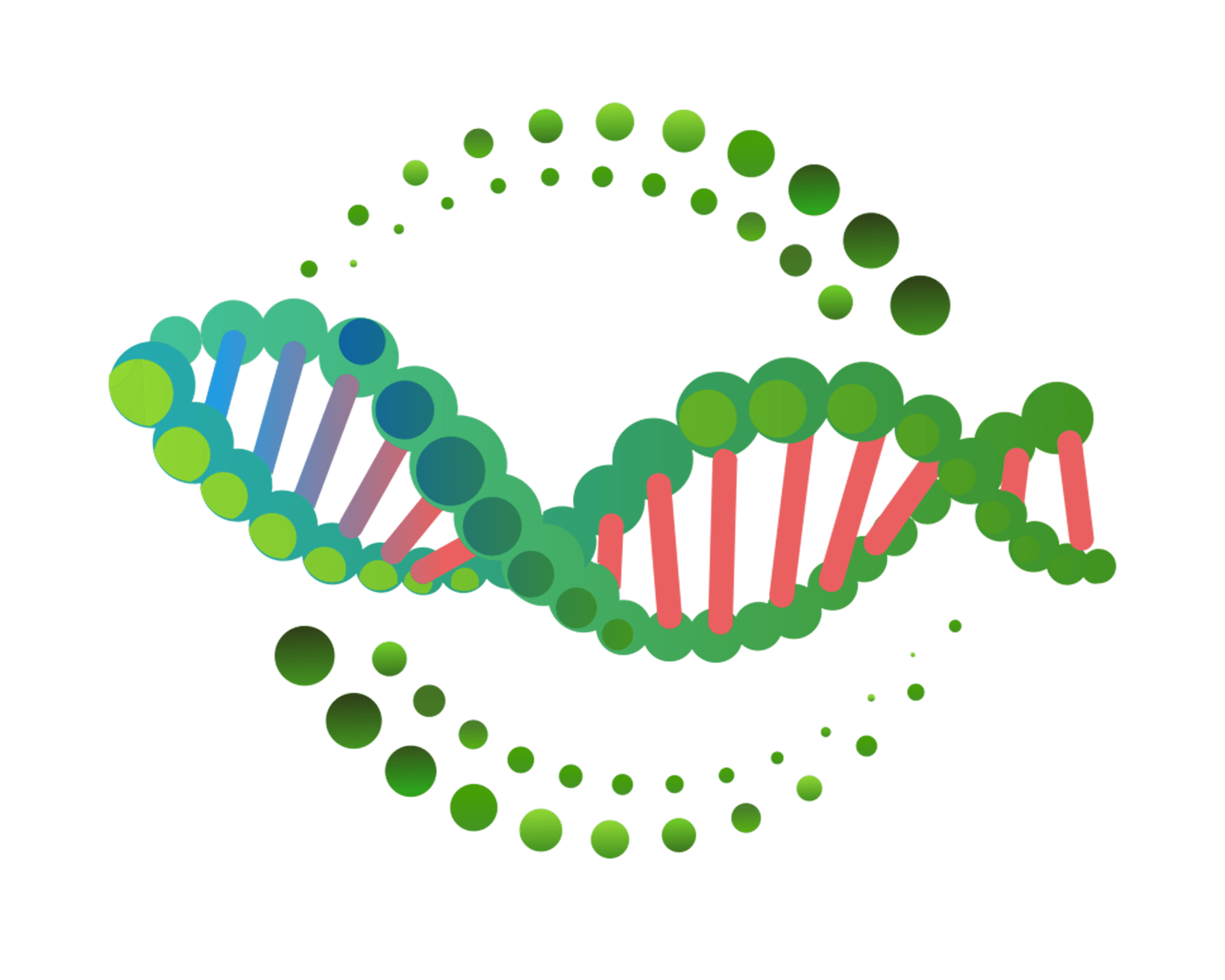Achieving Stronger Health: The Role of Hormones and Peptides
The Importance of Hormones in Achieving Optimal Health
Hormones play a crucial role in maintaining our overall health and well-being. These powerful chemical messengers regulate various bodily functions, including metabolism, growth, mood, and reproductive health. Understanding how hormones work and how to balance them can significantly impact your health.
One of the primary roles of hormones is to maintain homeostasis, or the body's internal balance. For instance, insulin regulates blood sugar levels, while thyroid hormones control metabolism. When these hormones are out of balance, it can lead to a range of health issues, from weight gain to mood disorders.

Peptides: The Building Blocks of Health
Peptides are short chains of amino acids that serve as the building blocks of proteins. They have gained popularity in recent years for their potential health benefits, including improved skin health, enhanced muscle growth, and better immune function. Unlike larger protein molecules, peptides are small enough to be absorbed easily by the body, making them highly effective.
There are various types of peptides, each with its unique benefits. For example, collagen peptides are known for their skin-rejuvenating properties, while creatine peptides are popular among athletes for their muscle-building effects. Incorporating the right peptides into your health regimen can offer targeted benefits and support overall well-being.

Balancing Hormones Naturally
Achieving hormonal balance naturally involves a combination of lifestyle changes, dietary adjustments, and sometimes, supplementation. Here are some strategies to help balance your hormones:
- Eat a balanced diet: Focus on whole foods rich in nutrients, such as fruits, vegetables, lean proteins, and healthy fats.
- Exercise regularly: Physical activity can help regulate hormone levels, especially insulin and cortisol.
- Manage stress: Chronic stress can lead to hormonal imbalances. Practices like meditation, yoga, and deep breathing can help reduce stress levels.
- Get enough sleep: Quality sleep is essential for hormone production and regulation.
In some cases, hormone replacement therapy (HRT) may be necessary, but it's always best to consult with a healthcare provider before starting any new treatment.
Integrating Peptides into Your Health Routine
Adding peptides to your health routine can be done through various methods, including topical applications, oral supplements, and injections. The method you choose will depend on your specific health goals and needs. Here are some popular peptides and their benefits:
- Collagen peptides: Improve skin elasticity, reduce wrinkles, and support joint health.
- Creatine peptides: Enhance muscle growth, strength, and recovery.
- Thymosin beta-4: Boosts immune function and aids in tissue repair.

The Synergy Between Hormones and Peptides
Hormones and peptides often work together to regulate bodily functions and promote health. For example, growth hormone, a crucial hormone for development and repair, stimulates the production of insulin-like growth factor 1 (IGF-1), a peptide that promotes cell growth and regeneration. By understanding the interplay between hormones and peptides, you can create a more effective health strategy.
It's important to note that both hormones and peptides should be used responsibly and under the guidance of a healthcare professional. Misuse or overuse can lead to adverse effects and imbalances.
Conclusion: Taking Charge of Your Health
Achieving stronger health through the balance of hormones and the integration of peptides is a powerful approach to well-being. By understanding the roles these substances play and how to manage them effectively, you can enhance your overall health, improve your quality of life, and achieve your wellness goals. Remember, always consult with a healthcare provider before making significant changes to your health regimen.
